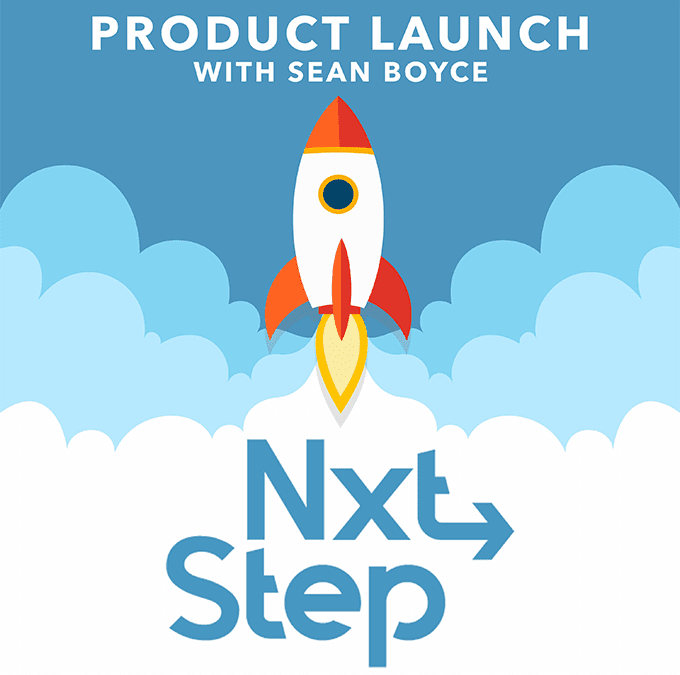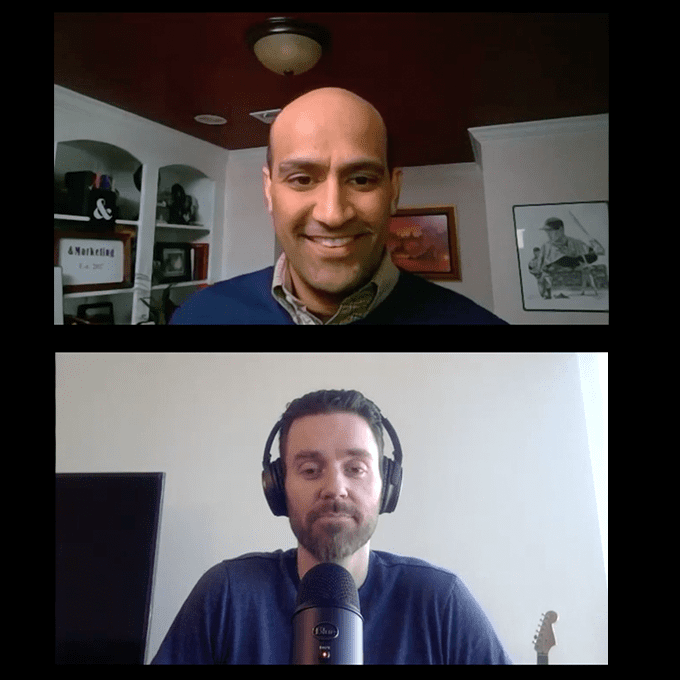
Podcast: How to Effectively Market Your SaaS Business with Rajat Kapur
Podcast: How to Effectively Market Your SaaS Business with Rajat Kapur

Written By
Are you a SaaS company looking to generate more leads, but struggling to grab the attention of your target audience? At &Marketing, we work with several growing software companies, so we understand the unique challenges they face in the marketplace. Recently, our Founder and Managing Director, Rajat “Raj” Kapur, joined an episode of The Product Launch Podcast, hosted by Sean Boyce, to talk about this very topic (click here to access the audio and here for the video).
In the episode, “How to Effectively Market Your SaaS Business,” Raj describes how the number one mistake companies make is diving head first into marketing execution without first setting a clear strategy, mastering the fundamentals and, importantly, doing their research! If you don’t have a deep understanding of your target audience (“What keeps them up at night?” where they go for information, etc), there’s simply no way for you to get your product in front of them and in a way that will stick.

We encourage you to check out the episode to hear from Raj on all things marketing strategy and execution, from audience segmentation, messaging development, and competitive analysis, to powerful storytelling and identifying the right lead generation tactics for your business (and how to execute them in an affordable way!). He also shares compelling resources that have helped shape his thinking.
Many thanks to Sean Boyce, CEO of NxtStep, for hosting! If you enjoy the podcast and are looking for an even deeper dive, join us for our free &Marketing webinar on March 12, 2020 and learn how to market your business like a pro through a coordinated marketing strategy.
About the Author
As the Managing Director of &Marketing (and-marketing.com), Rajat “Raj” Kapur strives to provide growing businesses unparalleled marketing strategy and execution services. He is known for bringing the best of “big company” marketing strategies to smaller companies, without the excess baggage. His team of professionals can either augment an existing team, or outsource the entire marketing function for a client.
Raj’s two decades of marketing, sales, and strategy development experience have spanned B2B and B2C Fortune 50, mid-sized, and startups. He has a proven track record of using analytics to drive action, an unrelenting customer focus, a bias for practical implementation, and strong interpersonal skills. He is a hands-on leader, sought-after facilitator, and experienced marketing advisor with experience across five continents.
About &Marketing
In today’s fast paced world, many growing businesses are struggling to modernize their marketing approaches because either they don’t have the expertise or the bandwidth to do it themselves.
&Marketing provides seasoned marketing strategy professionals and a nimble execution team to help our clients achieve their goals. Our unique partnership model allows us to augment our client’s existing teams or outsource the entire marketing function in an affordable, flexible, and transparent way.

Recent Comments